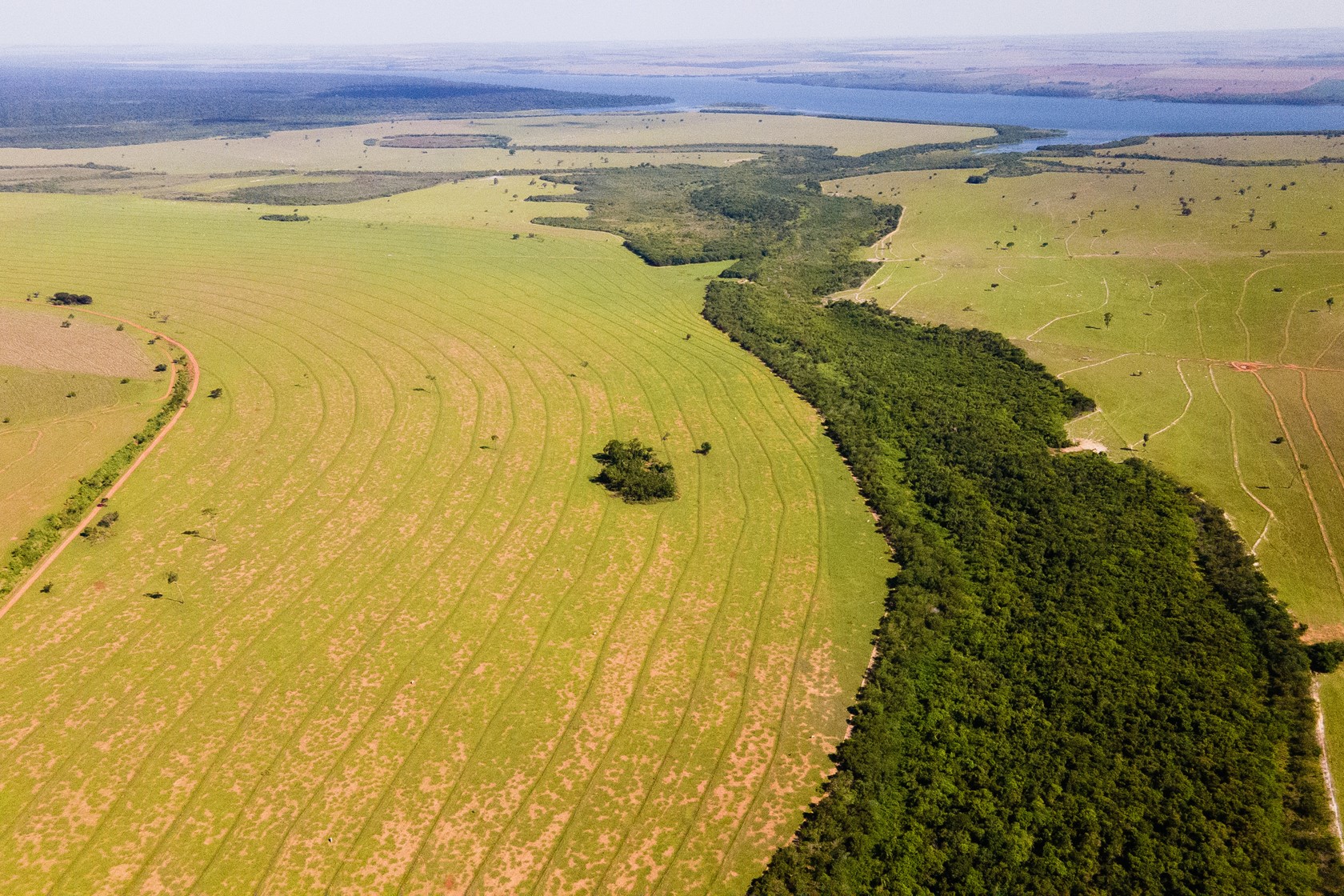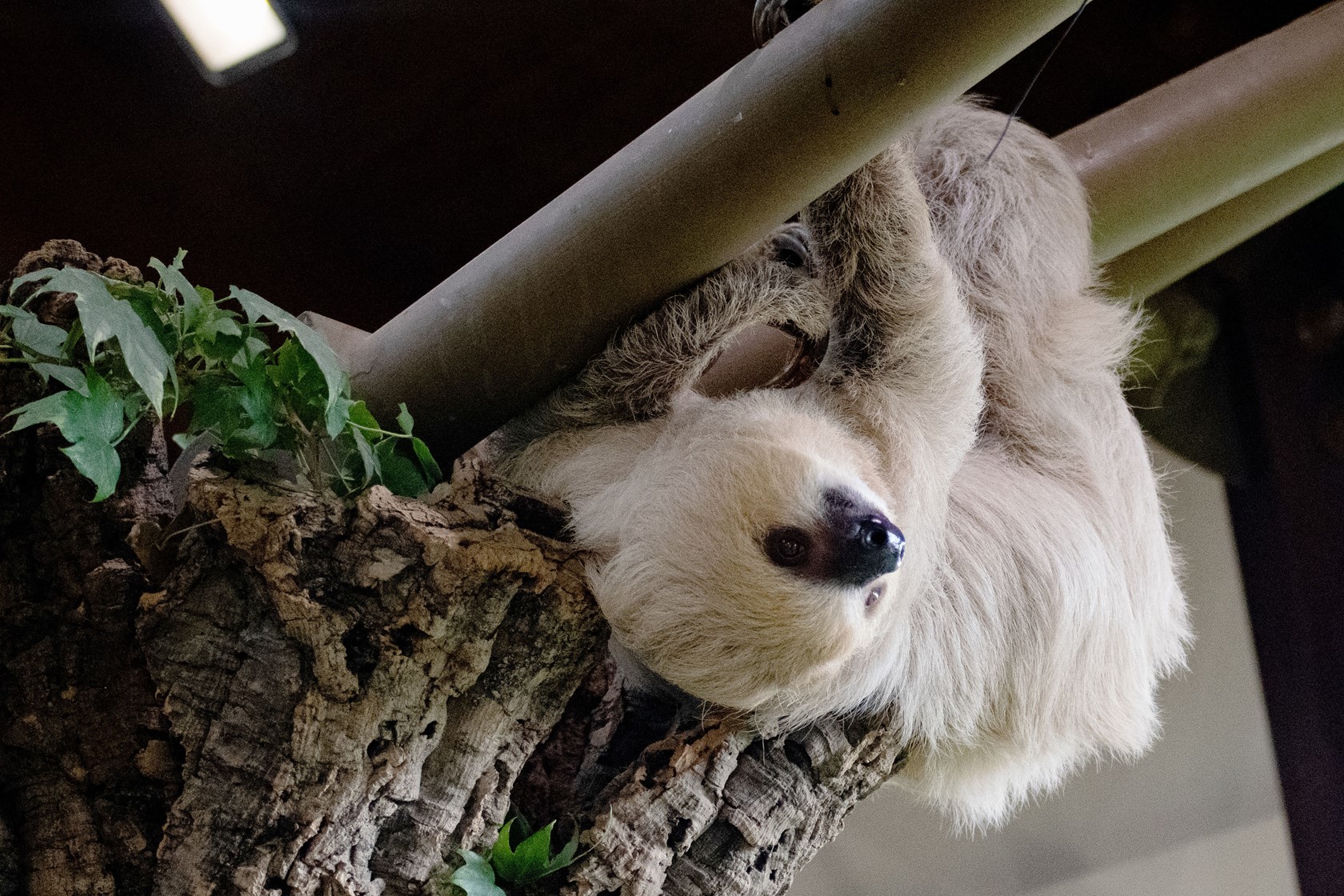New breakthrough in fight against lethal amphibian disease
Published in the journal Biological Conservation the paper describes how the established antifungal drug itraconazole can be used to treat amphibians in the wild during periods of particular risk from chytrid outbreaks. Frogs were individually washed for five minutes at a time in a bag containing the anti-fungal bath. While this measure was not ultimately able to stop them dying, the paper demonstrates that this technique has potential to greatly extend the likely time to extinction for any given amphibian population in the face of epidemic disease.
Caused by the fungus Batrachochytrium dendrobatidis (Bd), this chytrid variant has so far infected more than 600 amphibian species globally – causing population declines, extirpations or extinctions in over 200 of these and representing the greatest disease-driven loss of biodiversity ever recorded. Whilst captive breeding programmes offer hope for some, the International Union for Conservation of Nature (IUCN) currently estimates that even with the cooperation of the global zoological community, only around 50 species could potentially be saved from extinction through this approach. Proven, field-based methods will therefore play a vital role in mitigating the risk posed by this disease.
Commenting on the paper, lead author Michael Hudson – jointly based at ZSL’s Institute of Zoology (IoZ), Durrell and the University of Kent – said: “This method represents a valuable addition to the currently sparse toolkit available to conservation scientists who are trying to combat the spread of chytrid in the wild. The treatment explored in this paper could be used to buy precious time in which to implement additional protective measures for at-risk amphibian species.”
The study, funded by the People’s Trust for Endangered Species (PTES) and the Balcombe Trust, was based on ZSL and Durrell’s long-standing work with the ‘mountain chicken’ (Leptodactylus fallax). This critically endangered species, one of the largest frogs in the world, lives exclusively on the islands of Dominica and Montserrat in the Eastern Caribbean.
Expanding on the study, PTES Grants Manager Nida Al-Fulaij said: “This latest breakthrough provides conservationists with an additional weapon in the global fight against amphibian chytridiomycosis. We’re pleased to be supporting this vital work as part of our wider mission to conserve vulnerable wildlife in the UK and beyond.”

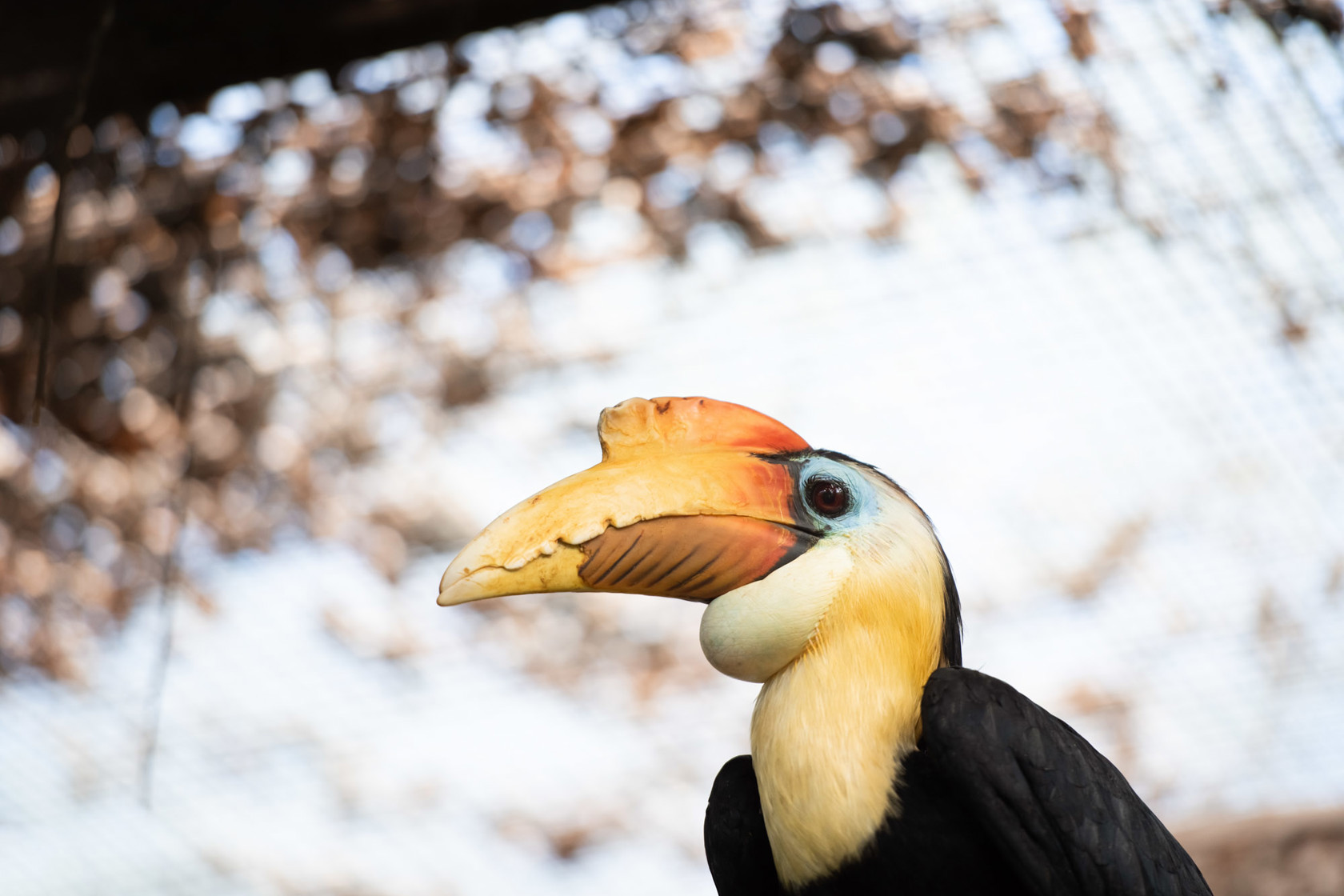
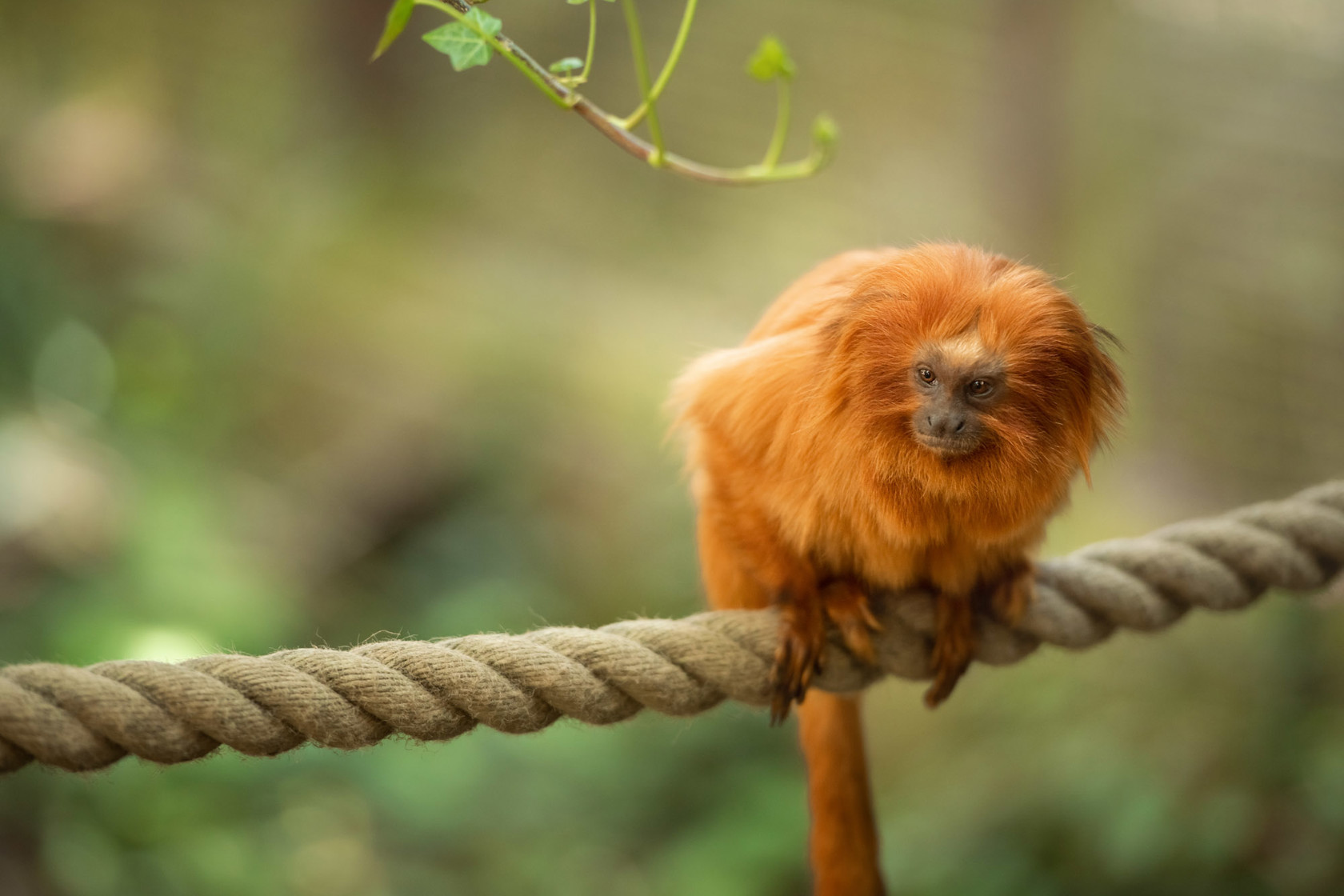
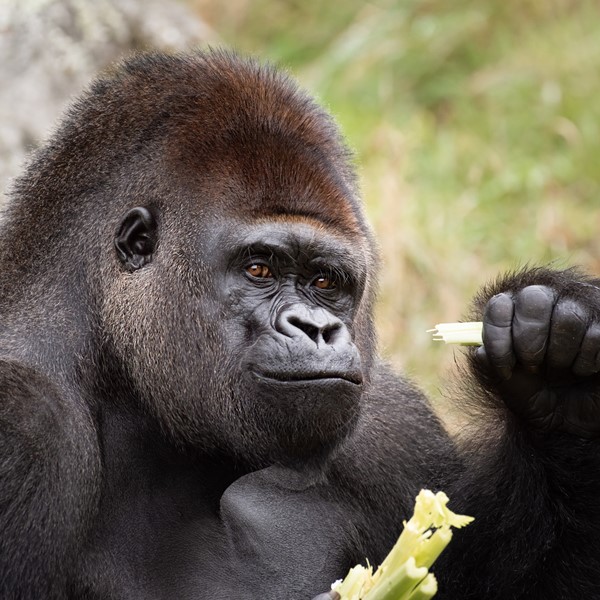 Mammals
Mammals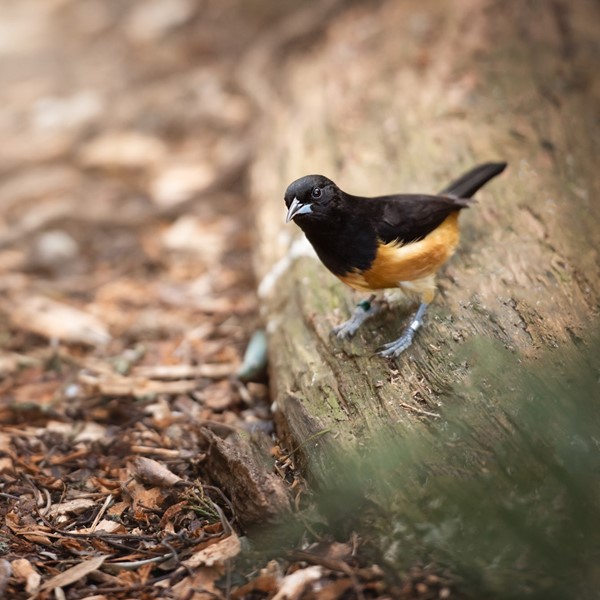 Birds
Birds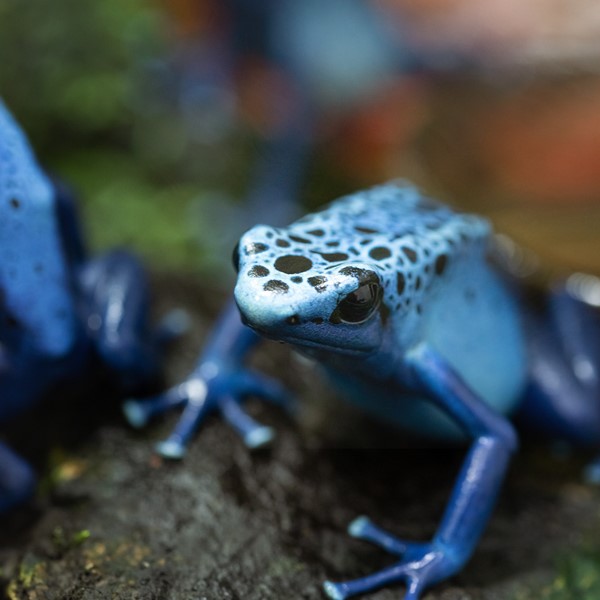 Amphibians
Amphibians Reptiles
Reptiles
